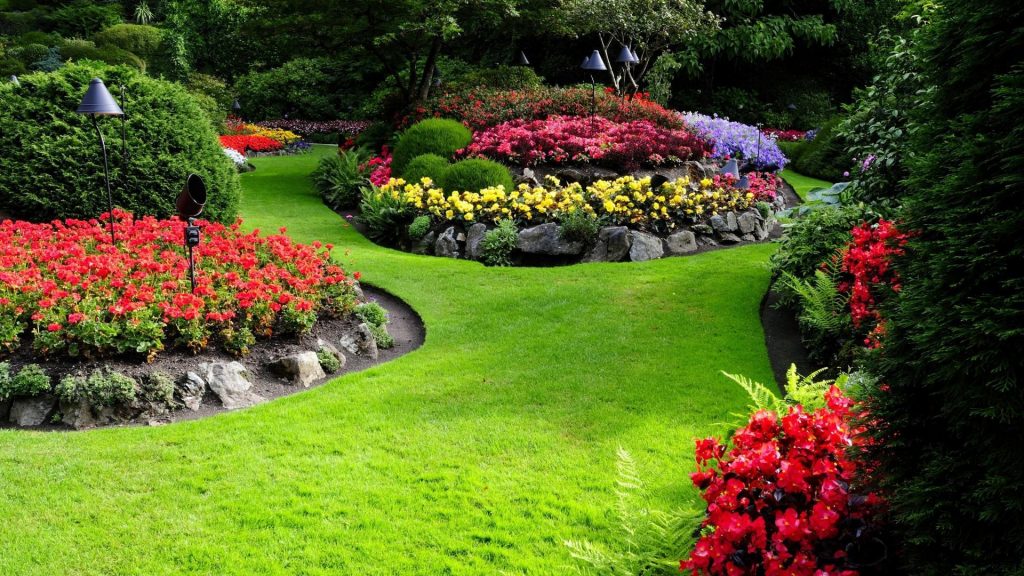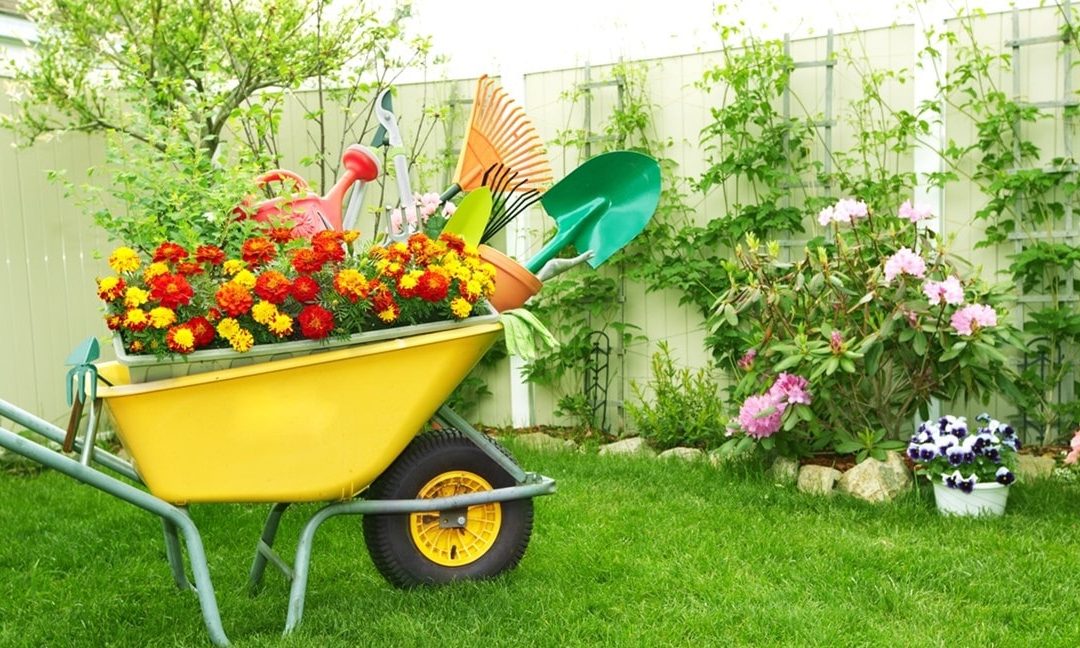A low-maintenance garden is every gardener’s dream. Everyone wants to put in a minimum of effort and enjoy beauty. Many tricks make life easier for garden owners, but even minor deviations from the intended course can ruin all efforts.
Today we will tell you what can lead to the fact that your initially low-maintenance garden will require an investment of time, effort, and money.
Not all of these actions will affect the site’s appearance, but all of them will add to your worries. So, how can you ruin a low-maintenance garden?
Table of Contents
- 1 Plant Exotic Plants
- 2 Don’t Plan To Plant
- 3 Ignore Mulching
- 4 Ignore Ground Cover Plants
- 5 Place Small Containers Of Plants In The Garden
- 6 Use Regular Fertilizers
- 7 Allocate A Large Area For the Lawn
- 8 Don’t Limit Flower Beds
- 9 Plant Annuals
- 10 Choose Plants That Require Frequent Division Or Replanting
- 11 Conclusion
Plant Exotic Plants
In pursuit of beauty, we sometimes want to decorate our garden with unusual plants. But even 1-2 copies of perennials unusual for your climate will significantly complicate garden care.
Such plants need special conditions, additional care, and shelter for the winter. And it is not a fact that with all these efforts they will take root or become as luxurious as in the climatic conditions they need.
Problems can arise not only with truly exotic plants, but also with those typical of the middle zone, but not suitable specifically for you.

Therefore, it is essential to consider the site’s microclimate, which includes soil type, humidity, and amount of sunlight.
Don’t Plan To Plant
Another surefire way to kill the idea of a low-maintenance garden is to plant plants without a plan. You need to carefully consider not only the choice of plants, but also think through their combinations, evaluate the strength of growth, and provide the necessary conditions.

When planting a small seedling, always keep in mind what it will become in a few years. To avoid missing anything, sketch out a planting plan on paper. When doing this, consider not only the current size of the plant but also how quickly and how much it will grow.
This approach will save you from unnecessary transplants and save many plants from death.
Ignore Mulching

This simple procedure, which can be performed once a season (sometimes you will have to add mulch more often), will save you from constant weeding. But this is not its only advantage.
Mulch helps retain moisture, which significantly reduces the number of watering. Over time, mulch made from organic materials becomes a fertilizer, protecting the roots from overheating and sudden cold snaps. For organic mulch to perform all its functions, its layer must be at least 5 cm.
Ignore Ground Cover Plants

Ground covers, like mulch, control weed growth and protect the soil. In addition, there are many truly beautiful specimens among them.
Ground covers have a superficial root system, i.e. they will not interfere with other plants in any way. Look out for periwinkle, Waldsteinia, pachysandra, green grass, tenacious, and ground-cover violets.
Place Small Containers Of Plants In The Garden

A container garden will help you quickly decorate your garden and change its appearance as you wish. But remember that plants in pots need more frequent watering and freeze faster.
An option for a low-maintenance garden can be large containers with a large layer of drainage. Plantings in containers also need to be mulched.
Use Regular Fertilizers

Rapid growth and lush flowering are impossible without proper fertilizing. At different times, plants need different components.
Most fertilizers need to be applied several times a season, combined with watering, and at the same time monitor the weather forecast.
A real salvation for a low-maintenance garden is long-acting fertilizers. They are added to the soil at the beginning of the season and do not require any further effort from you.
Explore this comprehensive guide on Cactus fertilizer for optimal growth when planting cacti. Additionally, delve into insights on Organic bone meal fertilizer for holistic plant care.
Allocate A Large Area For the Lawn

It’s no secret that the lawn is one of the most labor-intensive parts of the garden in terms of care. It needs to be watered and mowed regularly, as well as fed.
To make your life easier, make your lawn small, but with clear, even boundaries, so it will be easier to mow.
Part of the regular lawn can be replaced with a moorish lawn. It is mowed only a few times per season, but even here there are some nuances.
This type of lawn is good when plants are flowering, but the rest of the time it is not very attractive, so do not break it in the foreground.
Don’t Limit Flower Beds

Low plastic borders, special tape, metal strips, paving stones – the choice of material is yours. But we recommend that you limit the flower garden and separate it from the lawn and paths.
The garden as a whole will look tidier, and plants from the flower beds will not move to the lawn and vice versa, which will make maintenance much easier.
Plant Annuals

Many people like the bright colors of annuals. But when allocating large areas for them, remember that next year the planting procedure will have to be repeated.
Next season you will again be faced with boxes of seedlings or expenses for the purchase of planting material. Of course, in a low-maintenance garden there is a place for annual plants, but try to keep their volume not too large.
Choose Plants That Require Frequent Division Or Replanting
Unpretentious and beautiful heucheras, primroses, cornflowers, gaillardias, garden chrysanthemums, and loosestrife require division every few years. Without division, the bushes lose their decorative properties, and the flowers become smaller.

Varietal tulips, hyacinths, gladioli, and dahlias can also cause unnecessary trouble – these flowers require digging, special storage conditions, and subsequent planting.
Evaluate your options before filling your garden with these beautiful plants.
Conclusion
In any case, you will have to work hard to maintain the beauty of your garden. But it is quite possible to save yourself from unnecessary hassle and not do unnecessary work. Time and effort will still be useful to you.

Maintaining a low-maintenance garden requires strategic planning and attention to detail. Neglecting key considerations, such as plant selection, mulching, and container gardening, can lead to unnecessary upkeep and expenses.
By avoiding common pitfalls like planting exotic species, neglecting ground cover plants, and oversizing lawns, you can preserve the simplicity and beauty of your garden while minimizing maintenance efforts.
Remember, thoughtful planning and proactive care are essential for achieving a harmonious and sustainable outdoor space.


